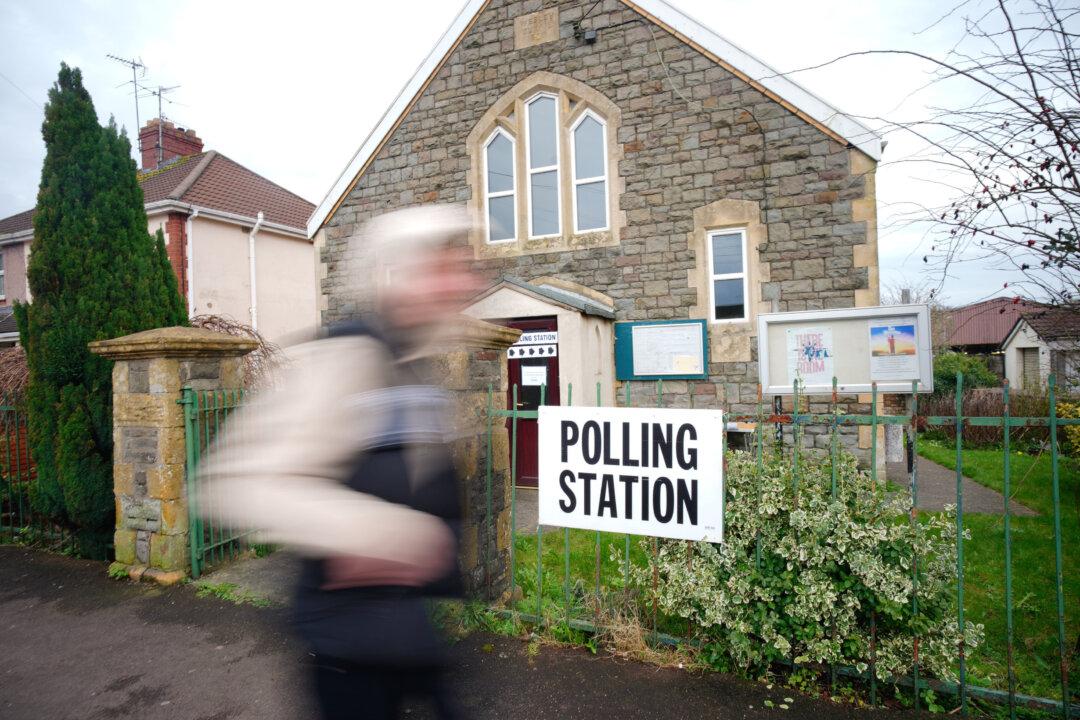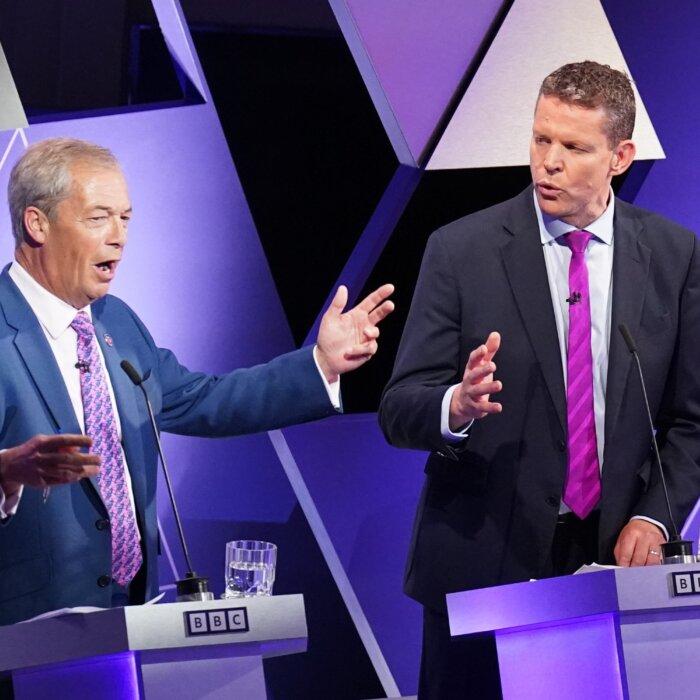Levels of trust in politicians is at its lowest level since records began, with 45 percent of people surveyed saying they would “almost never” trust any political party to place the needs of the nation above the interests of themselves.
It comes as politicians from all the major parties publish their general election manifestos ahead of the July 4 poll.
The Liberal Democrats and the Conservatives were followed on Wednesday by the Green Party, and on Thursday Labour is set to follow suit.
One of the authors of the report, Professor John Curtice, said the survey suggested politicians, “need to address the concerns of a public that is as doubtful as it has ever been about the trustworthiness and efficacy of the country’s system of government.”
“The next government will not simply face the challenge of reviving Britain’s stuttering economy and its struggling public services, it will also need to address the concerns of a public that is as doubtful as it has ever been about the trustworthiness and efficacy of the country’s system of government,” he added.
Professor Curtice said: “Addressing some of the policy challenges will help in that endeavour. However, it is likely to require much more than that, in particular, a style and manner of governing that persuades people that the government has their interests at heart after all.”
People Struggling Financially Less Likely to Trust Politicians
Among other findings, it suggested 72 percent of those struggling financially “almost never” trust politicians, compared with 49 percent of those who described themselves as living comfortably.The social attitudes survey has been carried out every year since 1973 but new questions have been added over time.
One of the most revealing results of the survey was the level of dissatisfaction among those who voted in the 2016 referendum to leave the European Union.
Although Brexit was delivered by then-Prime Minister Boris Johnson in 2020, it appears Leave voters remain unhappy with the way it has been run since.
Among Leave voters, 48 percent said they “almost never” trust governments, a rise on the 40 percent in 2019 and 76 percent said the system of governing Britain “needs considerable improvement”, not far short of the 81 percent who said they felt that way in 2019.
Brexit Has Not Had Impact Leave Voters ‘Expected’
They concluded, “Many of those who voted Leave in 2016 feel that Brexit has not had the impact they expected, and that perception has largely reversed the boost to their trust and confidence that was in evidence shortly after the UK left the EU.”- 86 percent of those who are dissatisfied with the NHS believe the system of governing Britain needs considerable improvement, compared with 65 percent of those who were satisfied with the NHS.
- A record 53 percent now support changing the electoral system to one “fairer to smaller parties.”
- 49 percent favour some form of devolution for England, a record level.
“Although many people may have trusted the decisions that the government made during the pandemic and followed the guidance on social distancing ... the revelation that the public health regulations had not been adhered to within Downing Street itself might have had a corrosive effect,” they added.







